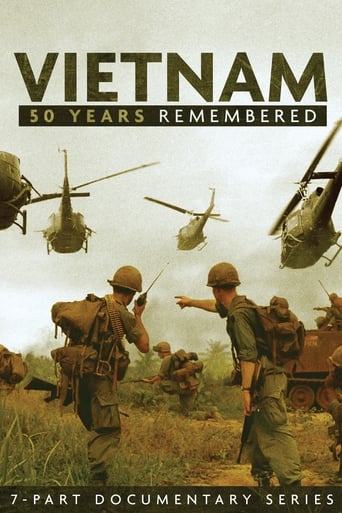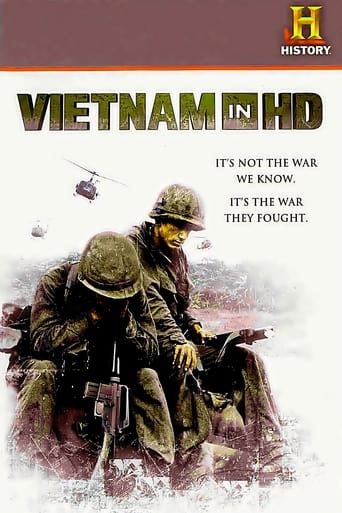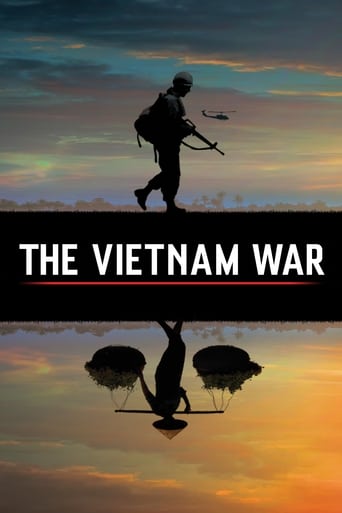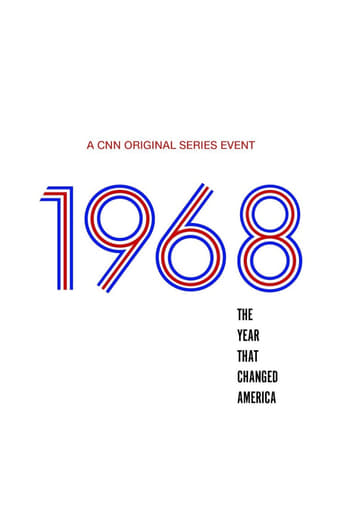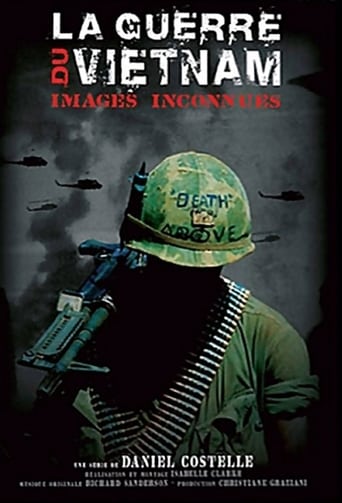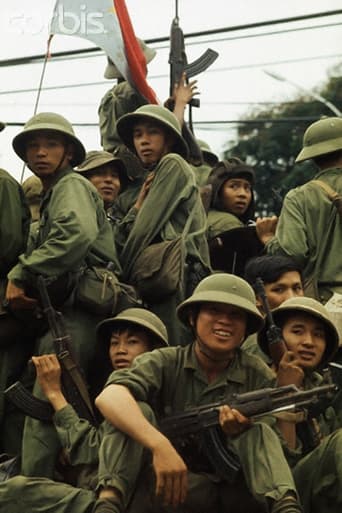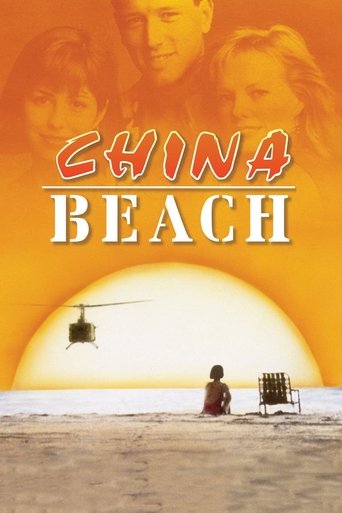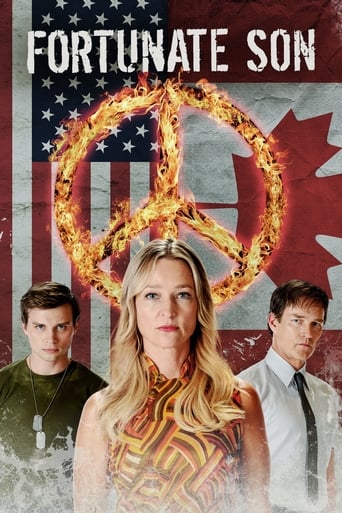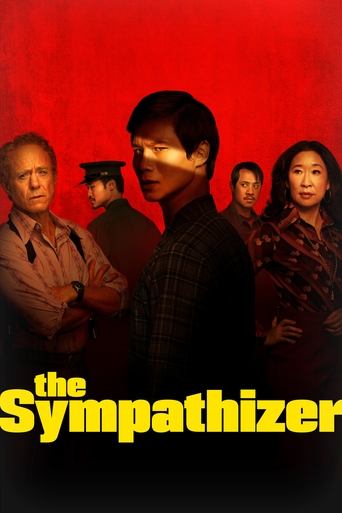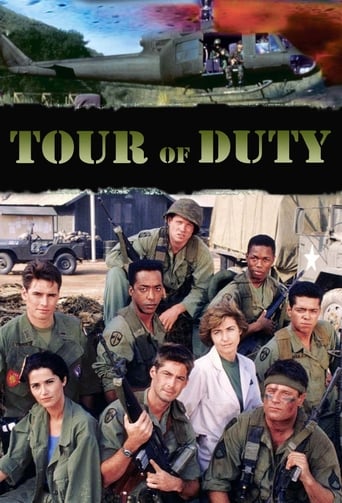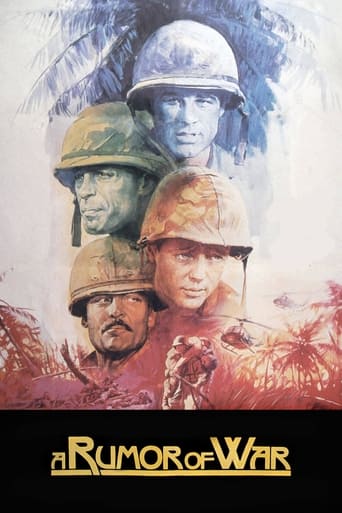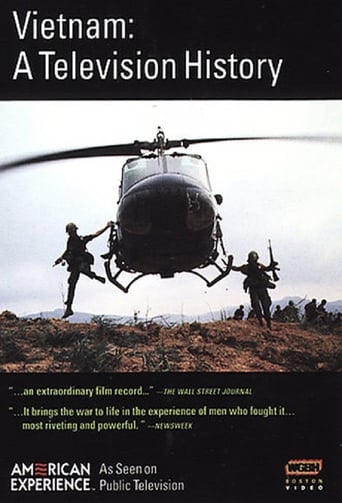
Rating:
10/10 by 1 users
LBJ Goes to War: 1964-65
With Ho Chi Minh determined to reunite Vietnam, President Lyndon Baines Johnson determined to prevent it, and South Vietnam on the verge of collapse, the stage was set for massive escalation of the undeclared Vietnam War.
Writing:
Release Date:
Tue, Oct 04, 1983
Country: US
Language: En
Runtime: 60
Country: US
Language: En
Runtime: 60
Season 1:

The end of World War II opened the way for the return of French rule to Indochina. Despite the ties he had forged within the American intelligence community, and his professed respect for democratic ideals, Ho Chi Minh was unable to convince Washington to recognize the legitimacy of his independence movement against the French. French generals and their American advisors expected Ho's rag-tag Viet Minh guerrillas to be defeated easily. But after eight years of fighting and $2.5 billion in U.S. aid, the French lost a crucial battle at Dienbienphu -- and with it, their Asian empire.

The eight-year battle between the French and Vietminh is examined.

With a goal of stopping the spread of communism in Southeast Asia, America replaced France in South Vietnam -- supporting autocratic President Ngo Dinh Diem until his own generals turned against him in a coup that brought political chaos to Saigon.

With Ho Chi Minh determined to reunite Vietnam, President Lyndon Baines Johnson determined to prevent it, and South Vietnam on the verge of collapse, the stage was set for massive escalation of the undeclared Vietnam War.

In two years, the Johnson administration's troop build-up dispatched 1.5 million Americans to Vietnam to fight a war they found baffling, tedious, exciting, deadly and unforgettable.

The Vietnam War as seen from different perspectives by Vietcong guerrillas and sympathizers, by North Vietnamese leaders and rank and file, and by Americans held prisoner in Hanoi.

The massive enemy offensive at the lunar New Year decimated the Vietcong and failed to topple the Saigon government -- but led to the beginning of America's military withdrawal from Vietnam.

President Richard Nixon's program of troop pull-outs, stepped-up bombing and huge arms shipments to Saigon changed the war and left GIs wondering which of them would be the last to die in Vietnam.

Despite technical neutrality, both of Vietnam's smaller neighbors were drawn into the war, suffered massive bombings, and, in the case of Cambodia, endured a post-war holocaust of nightmarish proportions.

While American and Vietnamese soldiers continued to clash in battle, diplomats in Paris argued about making peace. After more than four years, they reached an accord that proved to be a preface to further bloodshed.

Through troubled years of controversy and violence, U.S .casualties mounted, victory remained elusive, and American opinion moved from general approval to general dissatisfaction with the Vietnam War.

South Vietnamese leaders believed that America would never let them go down to defeat -- a belief that died as North Vietnamese tanks smashed into Saigon on April 30, 1975, and the long war ended with South Vietnam's surrender.





